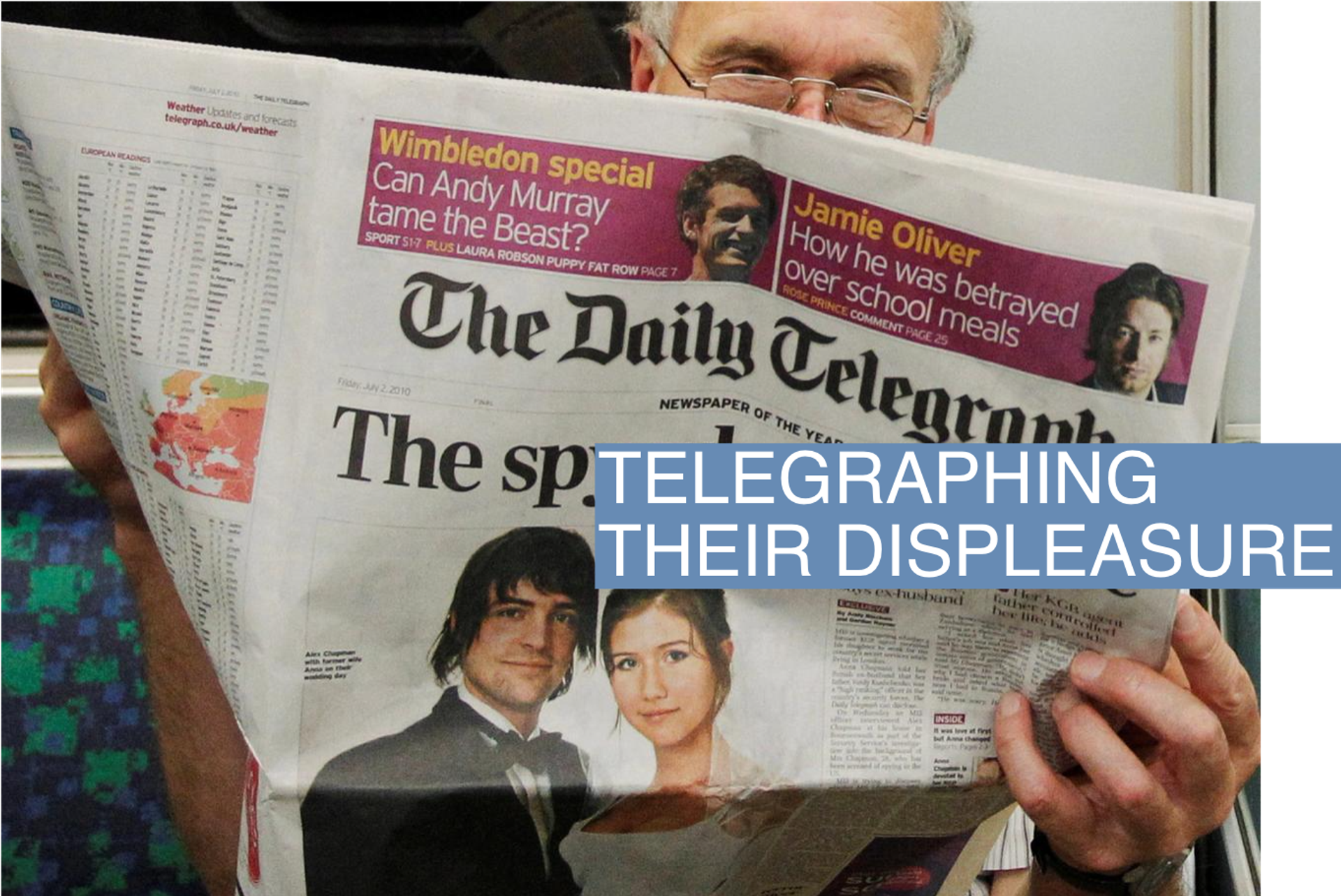The News
An Abu Dhabi-backed investment fund appears increasingly likely to buy The Telegraph newspapers and the weekly Spectator magazine, raising concerns over the publications’ future direction.
The paper has been shopping for possible buyers after it emerged this summer that its owners were struggling to pay their debts. That the newspaper may be sold to a firm with ties to the United Arab Emirates has particularly rattled some senior members of the ruling Conservative Party, who look to the Telegraph titles as the party’s outlets of choice.
SIGNALS
U.K. Culture Secretary Lucy Frazer has said that she may order a government probe into the sale. While there might be “a whiff of nationalism or something worse” in the Tories’ objections, interrogating it further is a wise move, writes Guardian columnist Jane Martinson. No other businesses have “the same power to influence public opinion as the media,” she writes. “Anyone arguing that no one reads or cares about a ‘dead tree’ newspaper should ask why so many very rich men still want to own one.” In a text message to Semafor’s Ben Smith, Martinson added that owning a newspaper isn’t just a money-making venture: it also “confers the power to influence lawmakers and the people who elect them.”
Senior Tories have expressed fears over the possibility that Emirati-linked owners could dictate the newspaper’s angles. In a column published in The Telegraph late last week, Charles Moore, a former editor of the newspaper, wrote that it would be “unforgivable” to allow such a sale. “It would be nationalisation by a country which does not have press freedom,” Moore writes. “The UAE may be one of the better governed Arab states and is traditionally friendly to Britain, but its best friends would not pretend that it is a democracy, or that it has institutionalised the rights and liberties of the Western world.”
The possible purchase represents a move by Abu Dhabi to further its influence campaign. The UAE has already funded broadband internet and committed to billions of pounds of investment in the U.K.’s infrastructure, Oliver Shah noted in The Times of London. “What do you buy when you have everything? You buy a more intangible kind of power,” he writes. Even if the UAE is just a passive investor in the paper, “its very presence would soften coverage of controversial Gulf issues at the margin.”

